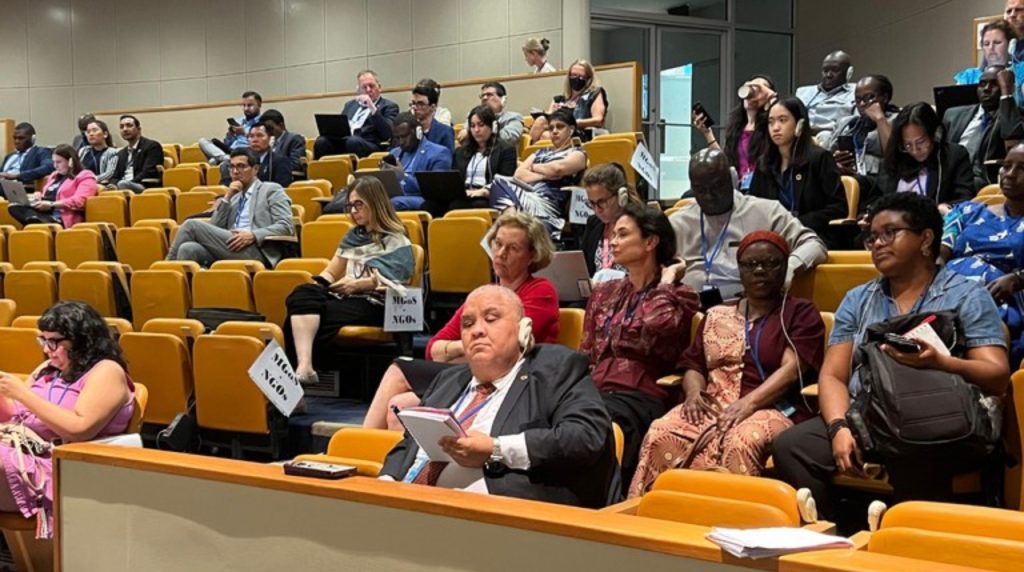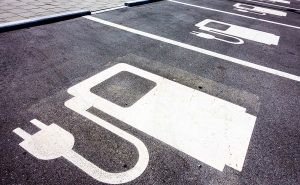
Brazil Debates the Use of Resilient Transport Infrastructure at the UN

The Brazilian delegation arrived in New York to actively participate in the 79th edition of the High-Level Political Forum on Sustainable Development, organized annually by the United Nations Economic and Social Council (ECOSOC) at the UN headquarters.
In this edition, with the participation of 36 countries, the event seeks to eradicate poverty by 2030 through sustainable, resilient, and innovative solutions. Cloves Benevides, Deputy Secretary of Sustainability at the Ministry of Transport, joined Brazil’s diplomatic team to discuss a Sustainable Development Goal (SDG) focused on a priority topic for the Ministry of Transport: resilient transport infrastructure in the face of extreme weather events and natural disasters.
Each Sustainable Development Goal (SDG) focuses on a global aim to eradicate poverty, protect the environment and climate, and ensure that people worldwide can enjoy peace and prosperity.

Related Content: Brazil strengthens rail freight transport after resuming several investments
SDG 13 is specifically dedicated to action against natural disasters. In its intervention, Brazil proposed including an indicator for the percentage of resilient structures in SDG 13. The justification for adding this tool is to facilitate the monitoring of joint progress, thereby encouraging public policies and investments in the construction or modernization of transport infrastructures that can withstand extreme weather events and natural disasters.
Resilient Infrastructure in Brazil
A resilient infrastructure is one that can resist, absorb, or quickly and efficiently recover from impacts, being specifically designed to face threats to transport systems in cases of extreme weather events.
From storms to severe droughts, investment in resilient structures reduces long-term costs, facilitates repairs, and can prevent damage. Additionally, it involves a commitment to technology and innovation.
“Sustainability actions in the planning of the Ministry of Transport’s infrastructure policies are in line with the discussed SDGs. We are advancing in guaranteeing the rights of impacted communities, mitigating damages, and promoting projects capable of supporting community development,” argued Cloves Benevides.





